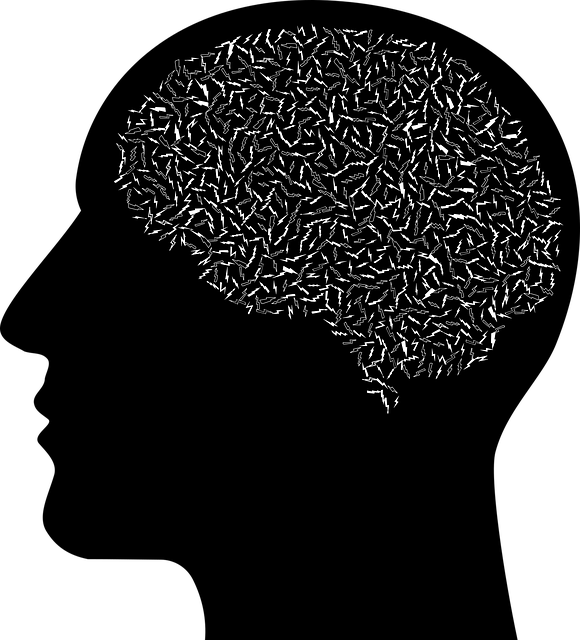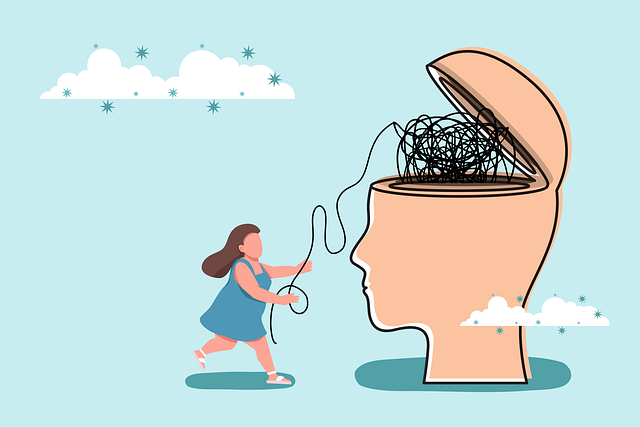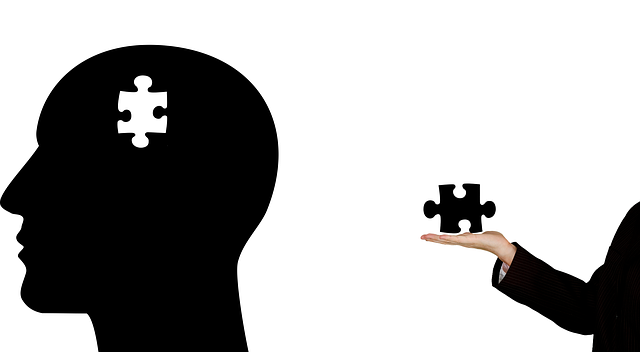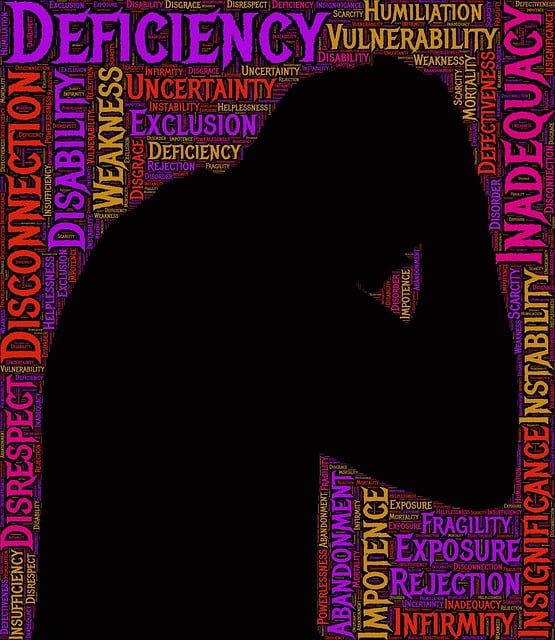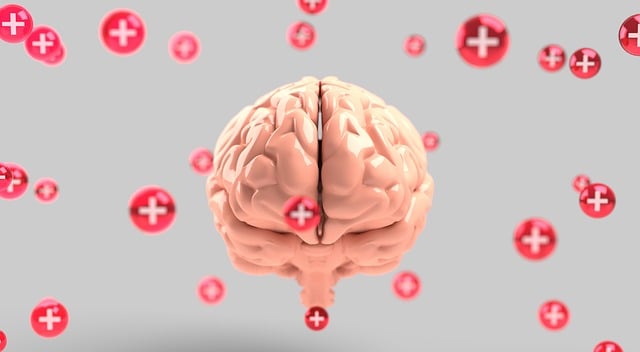Major life changes significantly impact mental wellness, prompting the need for culturally sensitive mental healthcare. Effective self-care routines, enabled by therapy for major life transitions, include mindfulness, exercise, journaling, and hobbies. Tailored practices focus on mind, body, and spirit rejuvenation, building resilience and self-connection. Integrating mental health education and support groups enhances stress management and long-term well-being. Proactive therapy during transitions fosters emotional processing, insights, and tailored coping mechanisms for enhanced mental health.
“Uncover the power of self-care in navigating life’s transitions with our comprehensive guide. Major life events can significantly impact mental wellness, but understanding their effects is the first step towards resilience. We explore how building a personalized self-care routine can be a game-changer, offering tools for growth and coping. Additionally, discover the role of therapy as a supportive companion during these transitions, providing strategies to enhance your journey towards better mental health. Embrace change with a proactive approach using Therapy for Major Life Transitions.”
- Understanding Major Life Transitions and Their Impact on Mental Wellness
- Building a Personalized Self-Care Routine for Resilience and Growth
- Integrating Therapy as a Supportive Tool During Life Changes
Understanding Major Life Transitions and Their Impact on Mental Wellness

Major life transitions, such as moving to a new city, changing careers, or experiencing the loss of a loved one, can significantly impact mental wellness. These events often bring about a mix of emotions, from excitement and optimism to anxiety and sadness. Understanding how these transitions affect our psychological state is crucial for developing effective self-care routines. Many people may require professional support during such times; therapy for major life transitions can help individuals process their feelings, adapt to change, and foster emotional healing processes.
Cultural sensitivity in mental healthcare practice plays a vital role here, as diverse populations may have unique ways of coping with and expressing their emotions. Mental wellness coaching programs development should consider these cultural nuances to ensure inclusive support. By acknowledging the impact of life transitions and providing tailored strategies, individuals can navigate these challenges more effectively, ultimately enhancing their overall mental wellness.
Building a Personalized Self-Care Routine for Resilience and Growth

In today’s fast-paced world, building a personalized self-care routine is essential for resilience and growth, especially during major life transitions. Therapy for Major Life Transitions can provide valuable tools to navigate these changes while enhancing mental health awareness. A tailored self-care routine doesn’t have to be complex; it should focus on activities that replenish your mind, body, and spirit. Incorporate practices like mindfulness meditation, regular exercise, journaling, or engaging in hobbies that bring joy—these elements can work together to foster a sense of calm and well-being.
Designing meaningful self-care involves understanding your unique needs and preferences. Consider attending Mental Health Education Programs or joining Support Groups to learn effective stress management techniques. These initiatives empower individuals to take charge of their mental health, fostering a proactive approach that is key to long-term well-being. Through consistent practice, you can build resilience, improve coping mechanisms, and cultivate a deeper connection with yourself—all crucial aspects of personal growth.
Integrating Therapy as a Supportive Tool During Life Changes

During major life transitions, integrating therapy as a supportive tool can significantly enhance one’s mental wellness. Therapy provides a safe space to process emotions, gain insights, and develop coping mechanisms tailored to individual needs. Whether facing a new job, relationship changes, or significant personal losses, professional support can help navigate these challenges more effectively. Therapists equipped with evidence-based practices like compassion cultivation techniques offer valuable guidance, fostering resilience and emotional regulation skills essential for maintaining mental health throughout life’s shifts.
This proactive approach goes beyond addressing immediate concerns, aiming to strengthen one’s overall mental health framework. By incorporating therapy for major life transitions, individuals can learn effective Stress Reduction Methods and engage in Mental Health Policy Analysis and Advocacy, empowering them to lead more balanced and fulfilling lives.
Developing a mental wellness self-care routine, tailored to personal needs, is crucial for navigating life’s transitions. By understanding the impact of major life changes and incorporating strategies like personalized self-care and therapy for major life transitions, individuals can foster resilience and promote growth. Integrating these practices enables folks to embrace change, manage stress, and ultimately, thrive in every stage of life.
